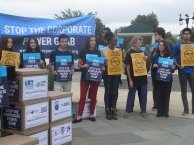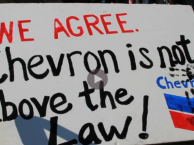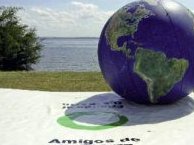
Canada and the United States have signed about 180 investment agreements.
They are both party to the North American Free Trade Agreement (NAFTA) with Mexico. Sixty-seven disputes were launched under NAFTA.
NAFTA was recently renegotiated and replaced by the US-Mexico-Canada Agreement (USMCA) that was signed in November 2018 and is yet to enter in force. The investor-state dispute settlement (ISDS) mechanism between the US and Canada, and between Mexico and Canada has been removed – even though it is included in the Trans-Pacific Partnership, to which both Mexico and Canada belong. Only limited claims are allowed between the US and Mexico, after exhaustion of local remedies. But the ISDS mechanism has been maintained between the two countries for claims pertaining to Mexico’s oil and gas sector.
The US is also party to the Dominican Republic–Central America Free Trade Agreement (CAFTA), with six Central American states. US investors have initiated all 11 known CAFTA disputes.
Canada has an investment treaty with China and is party to the Comprehensive Economic and Trade Agreement (CETA) with the European Union. CETA includes a revised ISDS mechanism, the investment court system, which has been critiqued for not addressing the core of the problem behind the mechanism.
US investors have extensively used the ISDS mechanism. They have initiated around 180 disputes, over 17% of all known cases, making the US the most frequent home state of investors. The US has never lost an ISDS case.
Canadian investors have initiated about 50 disputes and Canada has been the fourth most frequent target among ‘developed’ states (9th globally), with 29 cases.
Photo: Public Citizen
(April 2020)








